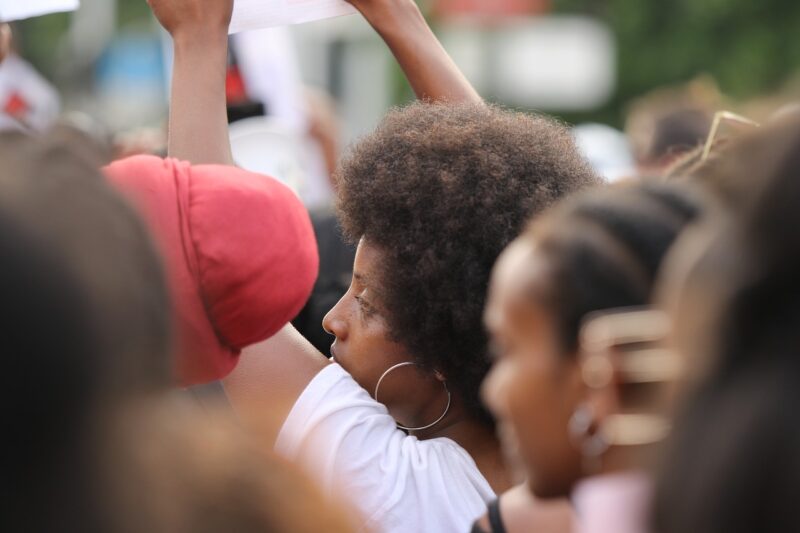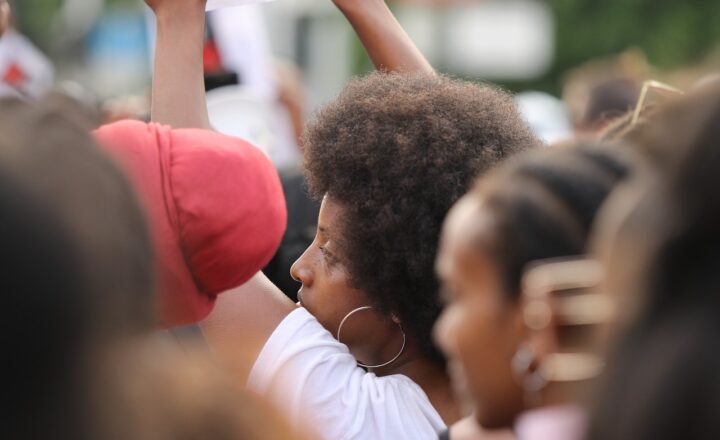How the Vietnam War Changed America and the World
November 14, 2024

The Vietnam War, a tumultuous conflict fought from 1955 to 1975, not only reshaped Vietnam but also had profound and lasting effects on the United States and the world. This controversial war ignited fierce debates over foreign policies, civil rights, and the very nature of American society. As we delve into how the Vietnam War changed America and the world, we’ll explore the social, political, and economic implications that resonate to this day.
1. The Context of the Vietnam War
The Vietnam War was rooted in a complex blend of colonial history, the Cold War dynamics, and a struggle for national independence. After WWII, Vietnam was freed from French colonial rule, only to become a battleground for the Cold War as two ideologically opposed forces emerged: the communist North, led by Ho Chi Minh, and the capitalist South, backed by the United States. In this section, we will explore the key events that escalated the conflict, including the Gulf of Tonkin incident and the subsequent U.S. involvement.
Key Escalation Points
– **Gulf of Tonkin Incident (1964):** Attributed to an alleged attack on American ships by North Vietnamese forces, this incident led to the escalation of U.S. military involvement under President Lyndon B. Johnson. The Gulf of Tonkin Resolution was passed, granting the president full military powers.
– **Operation Rolling Thunder (1965-1968):** This extensive bombing campaign aimed to destroy North Vietnam’s industrial base and morale but resulted in significant civilian casualties, showcasing the profound war realities.
The war escalated, with American troops increasing from a few hundred advisors in the early 1960s to over half a million by 1969. The conflict saw fierce battles, including the Tet Offensive in 1968, which dramatically shifted public perception of the war.
2. The Transformation of Public Opinion
Initially, many Americans supported U.S. involvement in Vietnam, viewing it as a showdown against the spread of communism. However, as the war dragged on, it sparked widespread protests and a palpable anti-war movement. This section will delve into how this shift in sentiment influenced American society, politics, and culture.
The Rise of the Anti-War Movement
– **Protests and Demonstrations:** Nationwide protests, such as the March on the Pentagon in 1967 and the Kent State shooting in 1970, exemplified the growing discontent among Americans. College students became pivotal in leading protests, opposing not just the war but also broader societal norms.
– **Media Coverage:** The Vietnam War was one of the first wars to be extensively televised, exposing Americans to the brutality of battle and civilian injuries. Graphic images challenged the government’s portrayal of progress in the war, leading to increased distrust among citizens.
This shift ultimately culminated in widespread political repercussions, leading to a more cautious approach to U.S. military engagement abroad and a culture of skepticism regarding government narratives.
3. Impact on U.S. Politics and Policies
The Vietnam War had significant ramifications for U.S. domestic policy, foreign policy, and military strategy. Politically, it contributed to a shift in power dynamics, especially among the younger generation and minority groups, leading to changes that still affect U.S. politics today.
Legislative Changes
– **War Powers Act (1973):** In response to growing concerns about presidential overreach, Congress passed the War Powers Act, aiming to limit the president’s ability to engage U.S. forces without congressional consent. This was a direct result of the perceived failures in Vietnam.
– **Shift to Diplomacy:** Post-Vietnam, U.S. foreign policy shifted towards diplomacy and engagement, exemplified by the détente with the USSR and openings with China, aimed at preventing direct military engagements similar to Vietnam.
4. Societal Changes and Civil Rights Movements
The Vietnam War also paralleled and intertwined with the civil rights movement in America. As African Americans and other minorities disproportionately served in combat roles, the war sparked dialogue around race, equality, and justice. This section will explore how the war galvanized movements for social change.
The War and Civil Rights
– **Intersection with the Civil Rights Movement:** Prominent activists, such as Martin Luther King Jr., spoke out against the war, linking it to issues of poverty and racial injustice. King’s “Beyond Vietnam” address in 1967 emphasized the moral implications of the U.S. involvement in Vietnam and urged a focus on social justice at home.
– **Women’s Rights Movement:** The war also fueled the feminist movement, as women took on roles both in the workforce and as activists against the war, leading to greater demands for gender equality and rights following the conflict.
5. Global Impact and Legacy
The repercussions of the Vietnam War extended far beyond the United States, affecting global relations, military strategy, and perceptions of American intervention abroad. This section will analyze how the Vietnam War influenced other nations and shaped contemporary foreign policy.
Effects on Global Relations
– **Lessons Learned:** The war served as a cautionary tale for U.S. military engagements worldwide. Subsequent conflicts, including in Iraq and Afghanistan, saw the application of lessons derived from Vietnam, particularly the importance of cultural understanding and the limitations of military power.
– **Strengthening Nationalism:** The Vietnam War inspired anti-imperial movements worldwide, showcasing the power of national self-determination against outside powers, impacting conflicts in Latin America, Africa, and Asia.
Overall, the Vietnam War laid the groundwork for a new type of military engagement and highlighted the necessity for discourse over engagement.
Conclusion: A Legacy of Change
From transforming public opinion to reshaping U.S. politics and civil rights, the Vietnam War serves as a pivotal historical event that continues to influence America and the world today. Lessons learned from this complex conflict remind us of the multifaceted impacts of war, the importance of critical discourse, and the ongoing struggle for justice and equality. In remembering the Vietnam War, we honor not only the sacrifices made but also the changes born out of the chaos, urging future generations to engage thoughtfully in both national and global discourse.
As we navigate current global conflicts, the lessons of Vietnam remind us that the path to peace and understanding requires vigilance, empathy, and commitment to justice—elements that remain essential in our quest for a better world.







